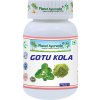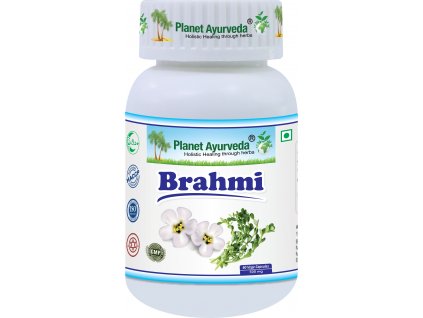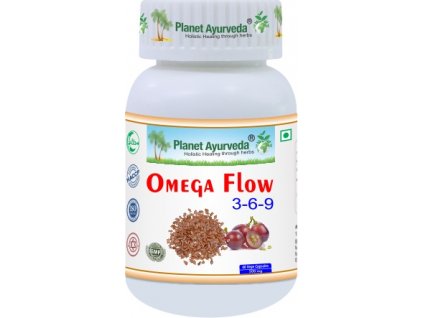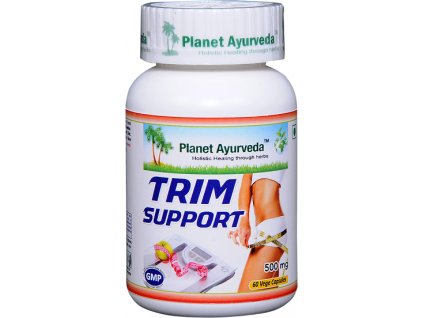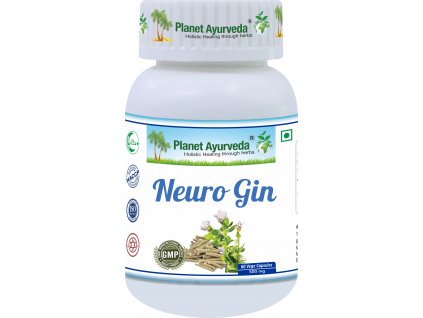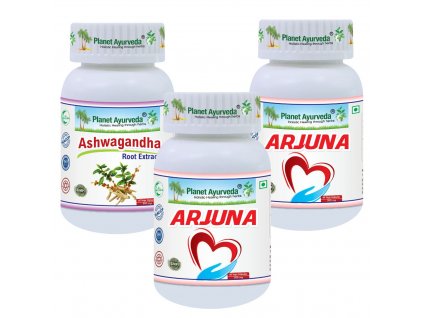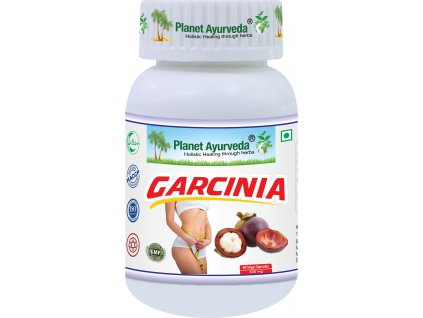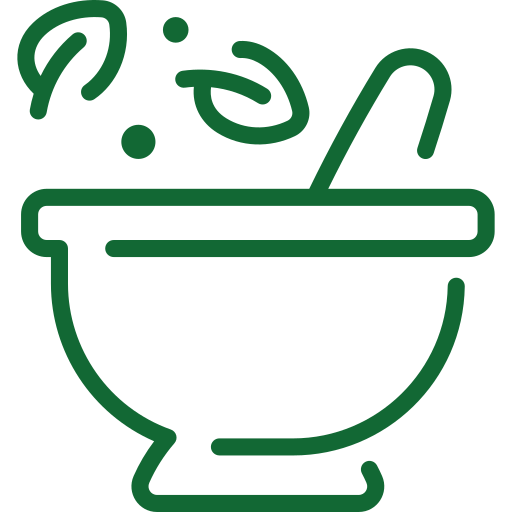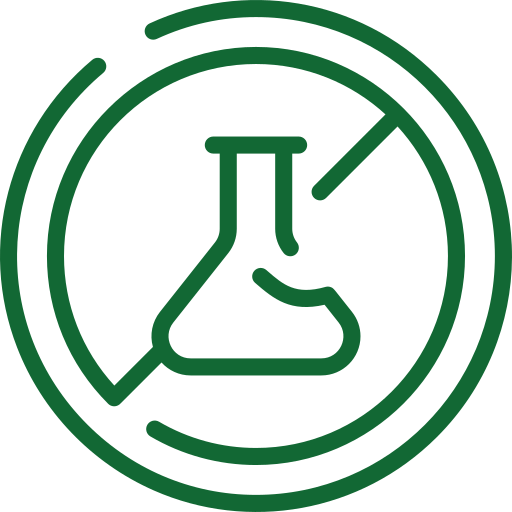Cholesterol
Cholesterol: From the perspective of Ayurveda and Modern Medicine
Cholesterol is one of the key components of our body and plays an important role in many biological processes. However, high blood cholesterol can be associated with an increased risk of heart disease and other health problems. In this article, we will look at cholesterol levels from the perspective of Ayurveda and modern medicine, and how some Ayurvedic herbs can help regulate it.
What is cholesterol?
Cholesterol is a fatty substance that is essential for the formation of cells and hormones in our body. There are two main types of cholesterol found in our blood: LDL (low density lipoprotein) and HDL (high density lipoprotein). LDL is often referred to as "bad" cholesterol because it can deposit on the walls of blood vessels and form plaques, which can restrict blood flow and increase the risk of heart disease. HDL, on the other hand, is "good" cholesterol because it helps remove excess cholesterol from blood vessels.
Causes of high cholesterol
According to modern medicine, the main cause of high cholesterol is a diet rich in saturated fat, genetic factors and lack of physical activity.
The Ayurvedic view of high cholesterol emphasizes an imbalance in the tridosha (Vata, Pitta, Kapha) and the digestive fire (Agni) as the main causes of this disease. In Ayurveda, it is believed that an imbalance of these basic constitutional elements and the digestive process can lead to various health problems, including high cholesterol.
-
Vata, Pitta and Kapha: In Ayurveda, it is believed that each person has a unique constitution, known as prakriti, which is made up of different proportions of the three doshas - Vata, Pitta and Kapha. An imbalance in these elements can lead to various health problems. In the case of high cholesterol, the cause may be imbalances in the tridosha, which affect fat metabolism, blood clotting and the state of blood vessels.
-
Vata: An imbalance of Vata can cause excessive dryness and insufficient production of saliva and digestive juices. This can lead to the accumulation of fats in the blood vessels.
-
Pitta: An imbalance of Pitta can increase the production of bile and digestive acids, which can affect fat metabolism and raise cholesterol levels.
-
Kapha: An imbalance of Kapha can cause excessive salivation and mucus production in the digestive tract, which can prevent proper digestion of fats.
-
-
Digestive Fire (Agni): In Ayurveda, the digestive fire, called Agni, is considered key to proper digestion and metabolism. If Agni is weakened or imbalanced, there can be improper fat metabolism and ama (toxin) formation in the digestive tract. These ama can subsequently affect the blood vessels and increase the level of cholesterol in the blood.
The Ayurvedic approach to treating high cholesterol focuses on rebalancing the tridosha and Agni. This is often achieved through appropriate diet, lifestyle and herbs to help normalize these factors. For example, herbs such as guggul, Brahmi, and Amalaki are often used to regulate cholesterol levels and promote heart health in Ayurveda.
Ayurvedic herbs to control cholesterol
Ayurveda uses various herbs to help regulate cholesterol levels and support heart and blood vessel health. Some of these herbs include:


